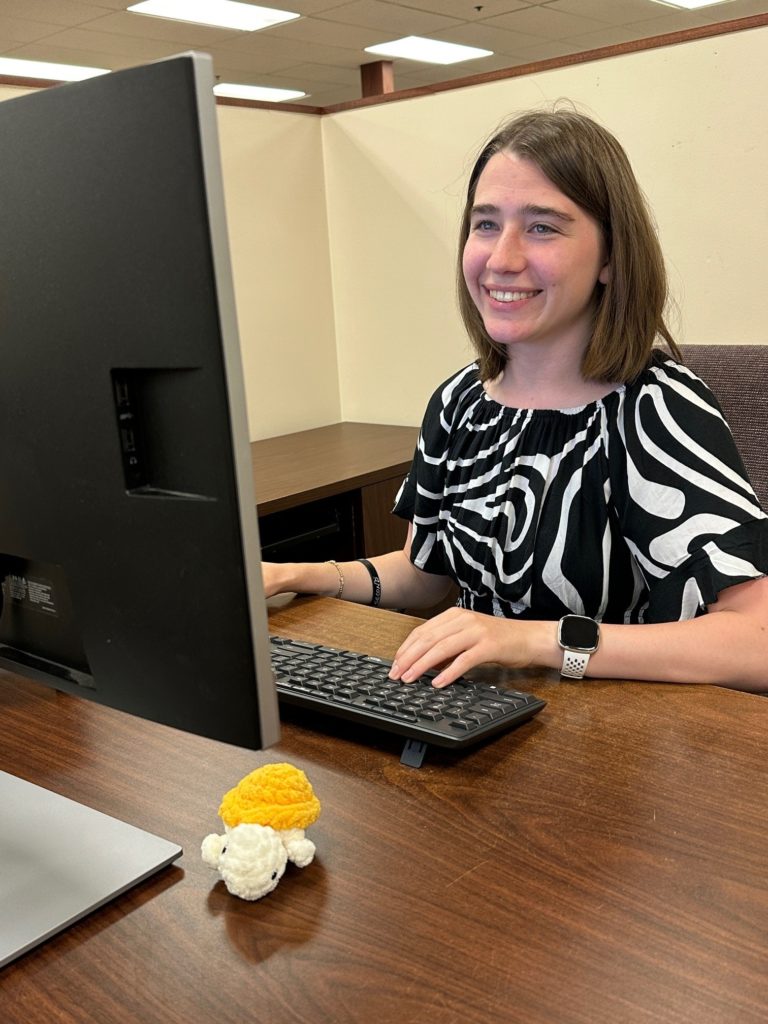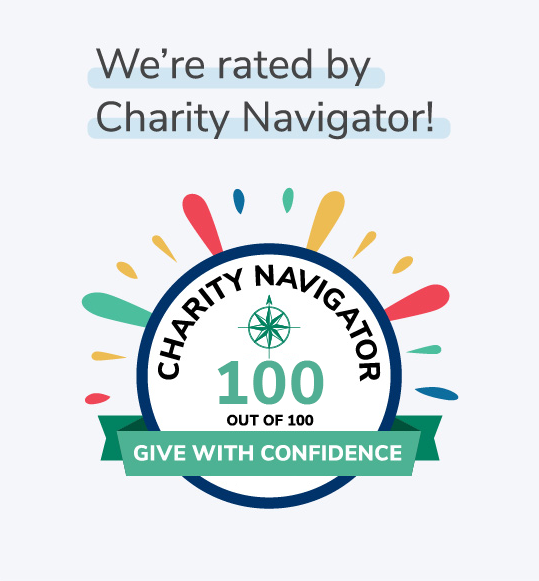 Searching for a job involves strategy, patience & support. For individuals with disabilities, the process can also involve added questions about disclosure, accommodations & finding an employer who values your skills. This guide addresses the most common questions we hear at Noble & offers real-world tips to help you feel more confident along the way.
Searching for a job involves strategy, patience & support. For individuals with disabilities, the process can also involve added questions about disclosure, accommodations & finding an employer who values your skills. This guide addresses the most common questions we hear at Noble & offers real-world tips to help you feel more confident along the way.
What Types of Jobs Are Available to People with Disabilities?
A wide range of careers are possible, depending on your strengths, interests & support needs. People with disabilities work successfully in roles across healthcare, warehousing, administration, manufacturing, customer service, the arts & more.
Start by thinking about what you enjoy & what your ideal workday might look like. If you’re unsure, joining a structured group like Noble’s Career Exploration Group can help you explore possibilities & build job readiness skills in a supportive setting.
How Do I Write a Resume if I’ve Never Had a Job Before?
If you’re new to the workforce or have gaps in your employment history, don’t worry. Employers value transferable skills, even from unpaid experiences like school projects, volunteering or job training programs.
Here are a few tips for building a great resume:
- Use a Functional Format: Highlight your skills (like organization, customer service or attention to detail) at the top, instead of listing jobs.
- Include Activities & Training: Programs like job shadowing or volunteer work count as experience.
- Keep it Clean & Focused: Use a simple design & include only the most relevant information for the job.
For step-by-step guidance & accessible templates, check out Novoresume’s Disability Career Guide.
Should I Disclose My Disability to an Employer?
This is a personal decision. You are not required to share information about your disability during the hiring process unless you are requesting an accommodation.
If you do choose to disclose, consider the timing (such as after receiving an offer) & how you frame your strengths. For example:
“I work best with written instructions & a predictable routine. I’ve found these tools help me focus & complete tasks accurately.”
This approach shifts the conversation to what helps you succeed on the job. Learn more from the What Can You Do Campaign about disability disclosure & self-advocacy at work.
What Accommodations Can I Ask for During the Hiring Process?
You can request reasonable accommodations at any stage of the job search. These might include:
- Extra time or breaks during interviews
- Alternative formats for tests or applications
- Assistive technology or communication supports
To make a request, be specific but professional. For example:
“I’d like to request interview questions in writing beforehand so I can prepare & respond clearly.”
If you’re unsure what you may need, Noble’s Employment Services team can help talk through options & practice self-advocacy skills with you.
What Should I Look for in a Job Listing?
Here are some green flags that a company may be a good fit:
- Mentions of equal opportunity
- Willingness to provide reasonable accommodations
- Job descriptions that include multiple formats or flexible work options
- A clear & supportive onboarding or training process
You can also ask these questions during the interview:
- What supports are available for new employees?
- How is training structured?
- Who can I talk to if I need help getting started?
How Can I Prepare for Interviews?
Here are a few ways to build confidence before an interview:
- Practice Common Questions with a friend, mentor or Noble coach
- Know your strengths & be ready to share examples
- Prepare one or two questions to ask the employer
- Dress for the role & arrive (or log in) on time
If the interview format is video or online, test the technology ahead of time. You can also request a quiet space or assistive tools if you need them.
Where Can I Find Ongoing Help During My Job Search?
Noble’s Community Employment program offers individualized support that continues well beyond the interview. Services may include:
- Resume writing and application assistance
- Interview preparation
- Job placement matching
- On-the-job coaching & support
You can also visit your local Vocational Rehabilitation (VR) office or American Job Center for additional employment resources.
Explore Noble’s full range of employment supports to get started.
Where Can I Find Success Stories & Real-World Tips?
Visit Noble’s Employment News page to read about individuals who have built lasting careers with support. These stories show that with the right preparation, everyone has a place in the workforce.
You’ve Got This!
Looking for work can feel overwhelming, but you don’t have to do it alone. With practical tools, supportive networks & services designed around your strengths, success is within reach.
Have questions? Reach out to Noble to explore your path forward.










